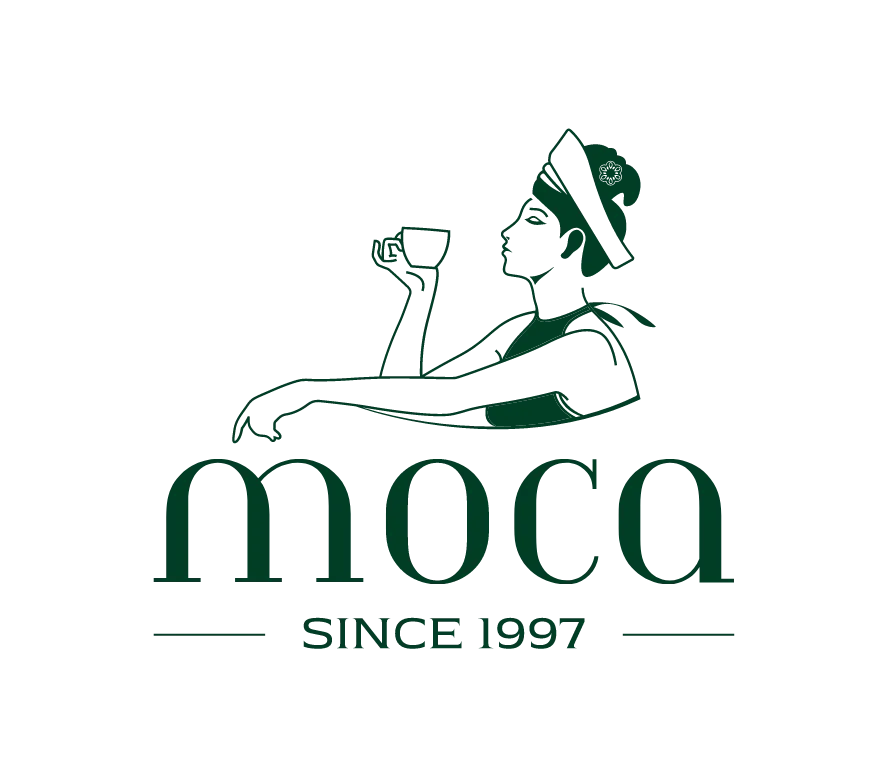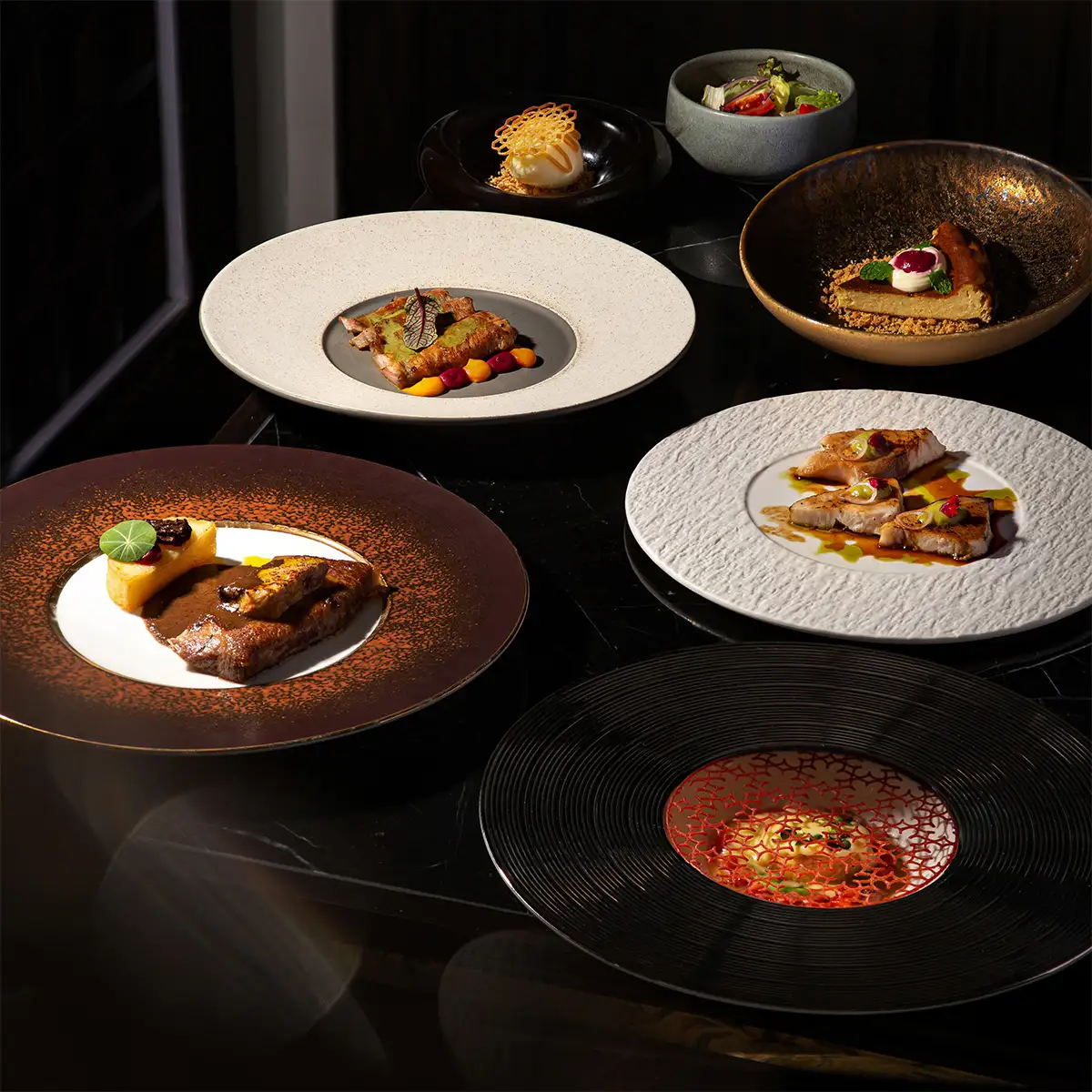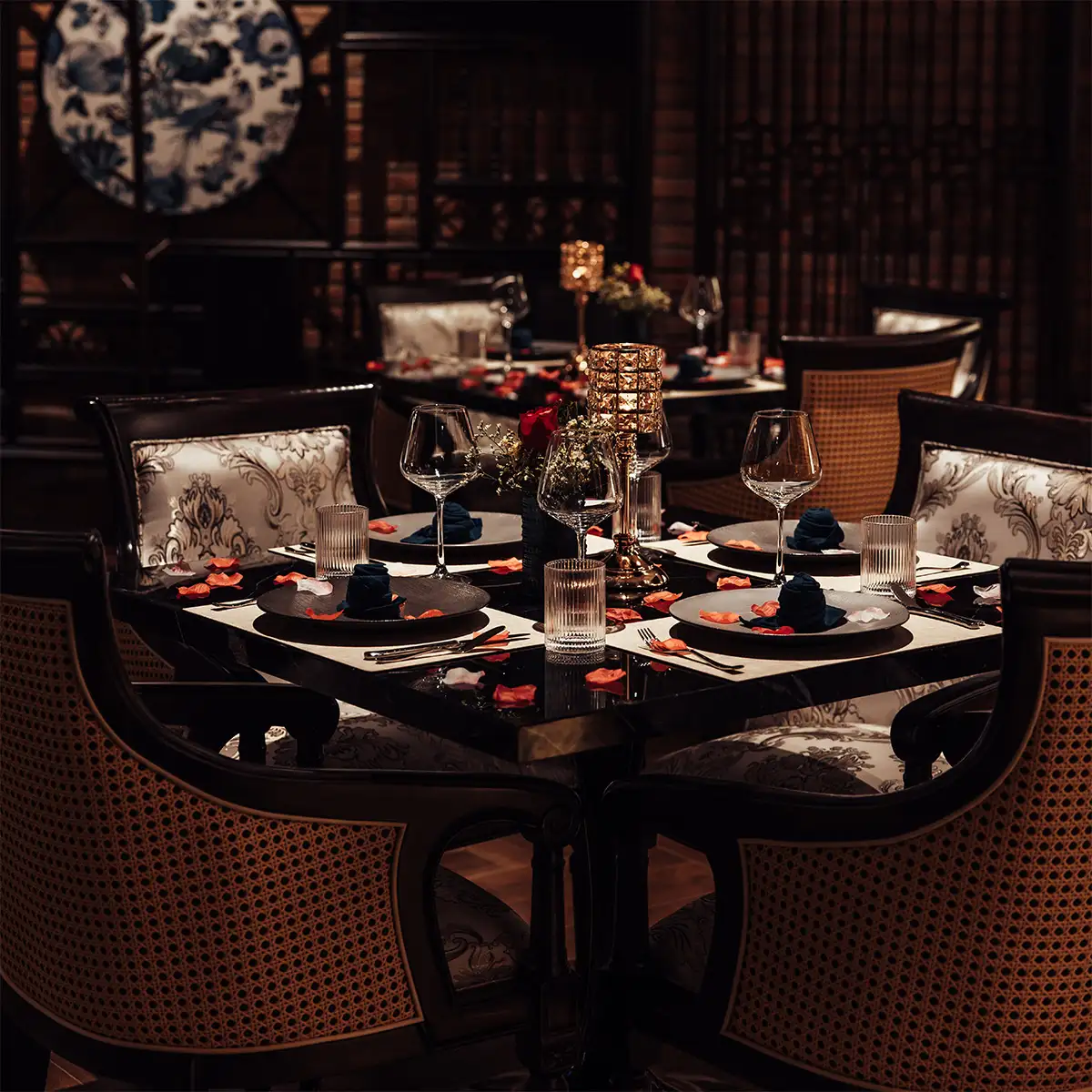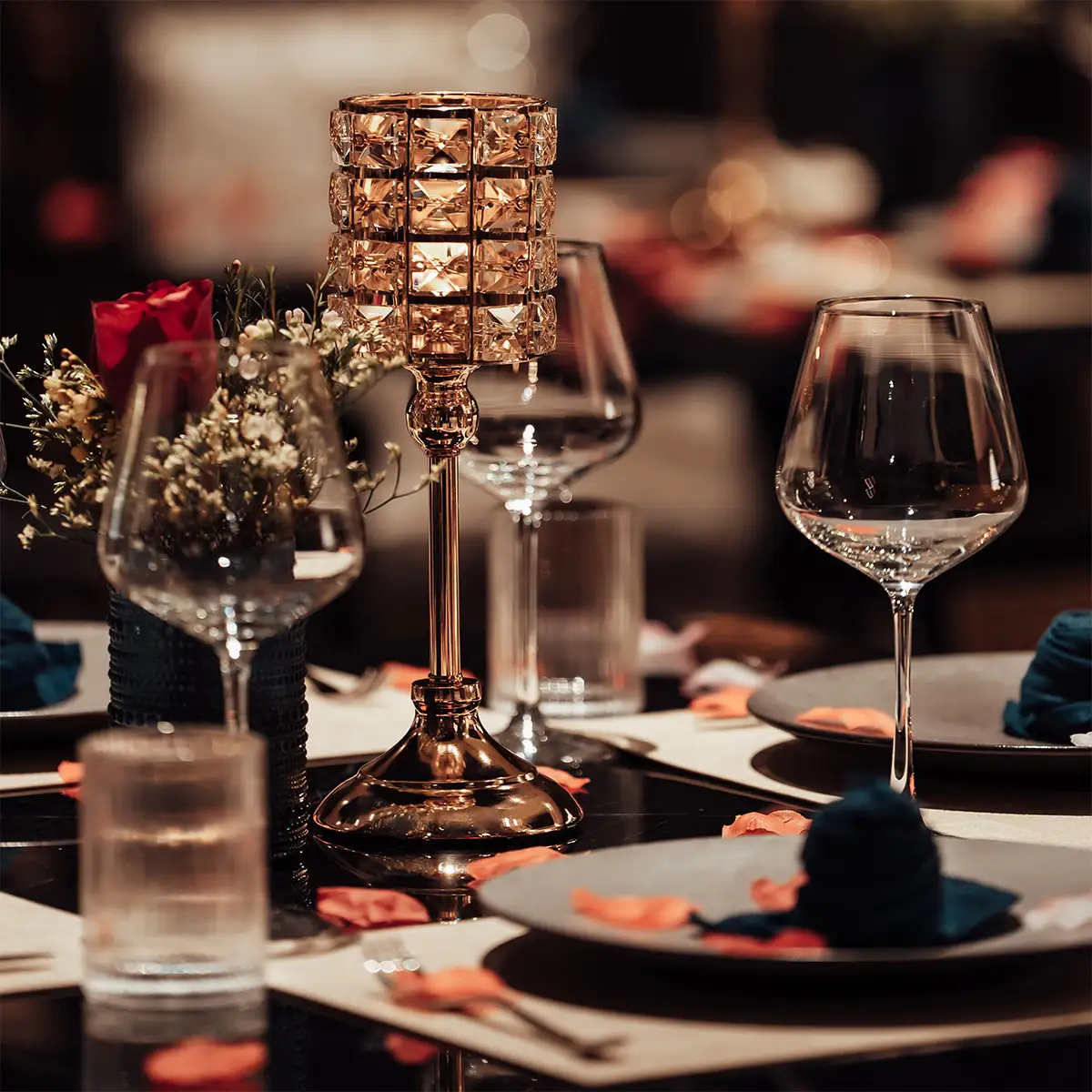Parisian gastronomy is world-renowned for its richness, diversity and refinement. Over the past three centuries, Paris has undergone a fascinating culinary evolution marked by the emergence of famous chefs, the evolution of culinary techniques and cross-cultural influences.
18th century: the golden age of French gastronomy
By the 18th century, Paris was already the Mecca of French gastronomy. Courts, aristocrats and the wealthy bourgeoisie turned to food to express their social status. Talented chefs like Marie-Antoine Carème developed techniques and created sumptuous dishes that marked their era.
The restaurant first appeared in Paris at this time. The first restaurants offered multi-course menus with a variety of choices. This gave rise to the French table culture of happy eating.
19th century: the birth of the modern kitchen
In the 19th century, Paris became the world capital of gastronomy. The city experienced an unprecedented gastronomic boom, with iconic restaurants such as Le Grand Vefour and La Tour d'Argent. These establishments played host to the influential personalities of their time and contributed to Paris's gastronomic renown.
The 19th century also introduced new cooking techniques such as steaming and béchamel cooking. Innovations such as temperature-controlled ovens and modern kitchen appliances allow Parisian chefs to explore new creative possibilities.
20th century: bistros and the new culinary era
In the 20th century, the rise of bistros in Paris made them emblematic landmarks of Parisian gastronomy. Bistros such as La Coupole and Le Dôme seduce with their cheerful, affordable cuisine.









